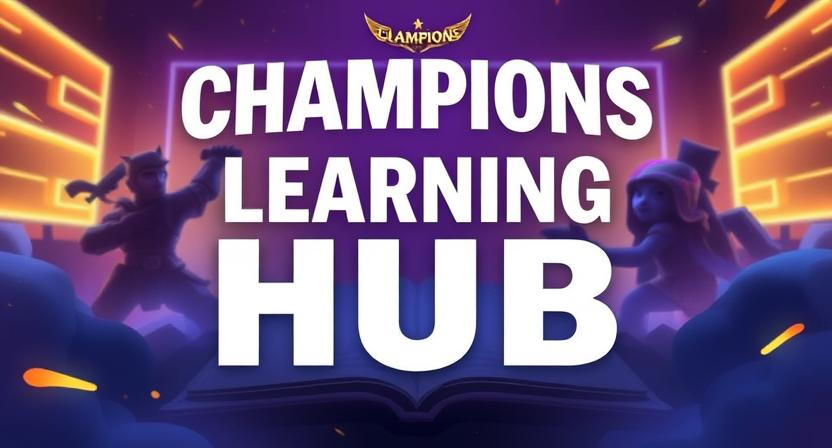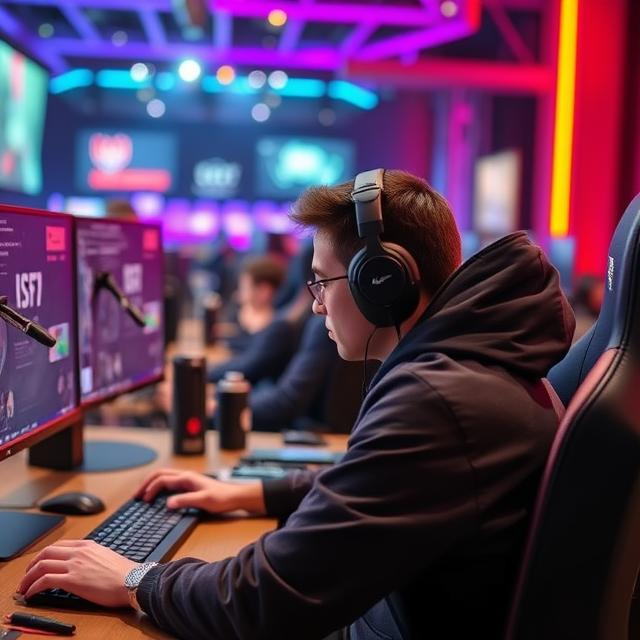To outsiders, being a pro gamer seems like a dream — playing games all day, traveling the world, getting paid. But behind the highlights and trophies lies a lifestyle that’s anything but easy.
The Grind is Real
Most pros practice 8–12 hours a day — scrims, VOD review, individual mechanics, and team strategy. Off days are rare, especially during tournament seasons. It’s high-performance work.
Structured Like Traditional Sports
Many orgs provide:
- Coaches (tactical, performance, mental)
- Analysts (meta trends, enemy breakdowns)
- Managers (schedules, media, travel)
Teams often live in bootcamps before big events — sharing houses, routines, and feedback.
Physical & Mental Health Matters
Pro players must avoid burnout, eye strain, carpal tunnel, and mental fatigue. Sleep, diet, and mental resilience are just as important as aim. Many now work with sports psychologists.
Short Careers, Big Pressure
Most careers last 3–5 years at the top level. A single meta shift or performance drop can bench a player. The pressure to perform — and stay relevant — is constant.
Travel and Fame
Yes, there are perks. International events, brand deals, and loyal fans. But also constant scrutiny, online hate, and limited personal time.
Pro gaming is a career — not a fantasy. For those who love the grind, it’s worth it. For everyone else? Just stick to ranked.


Leave a Reply